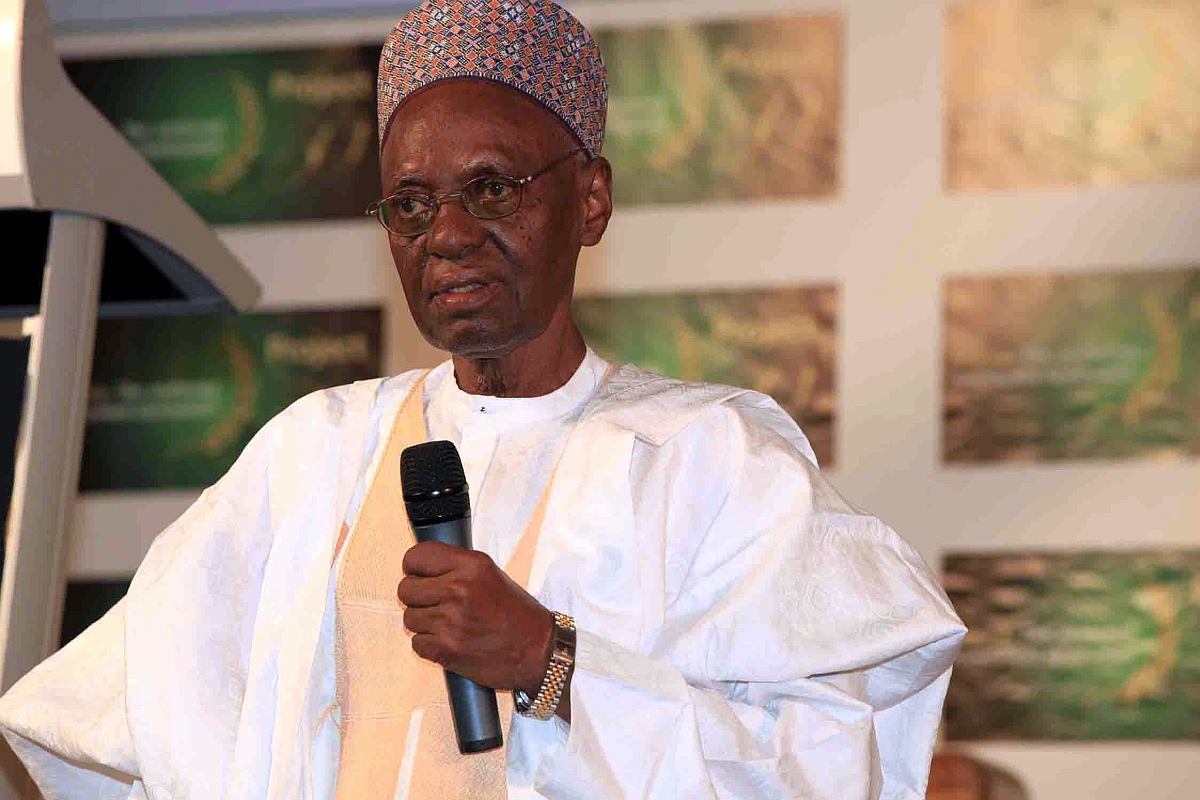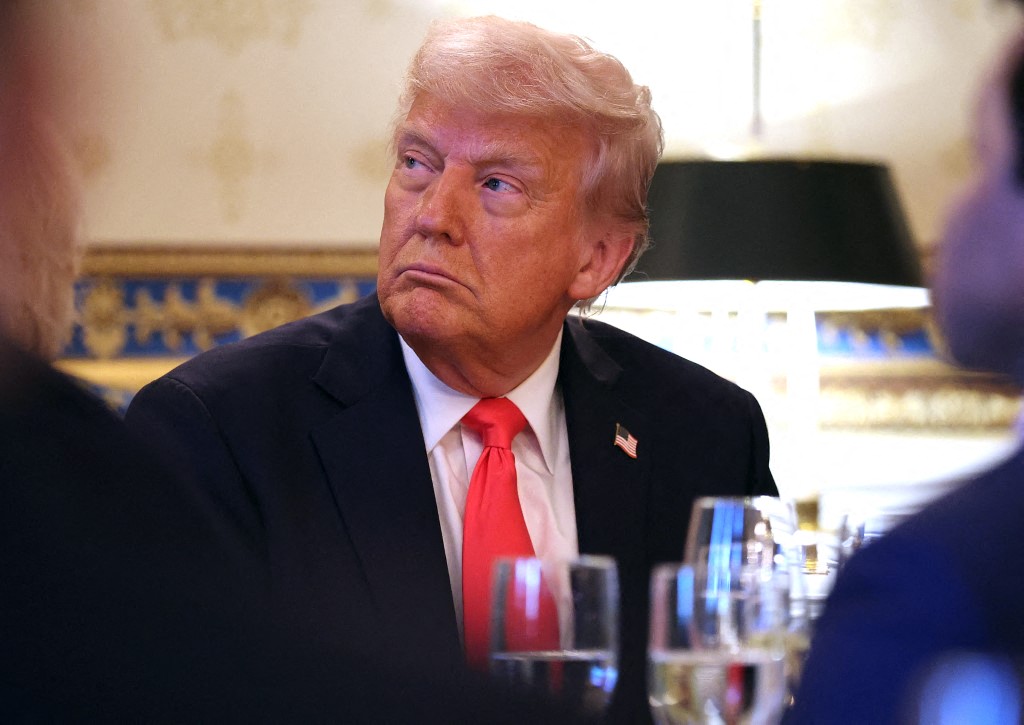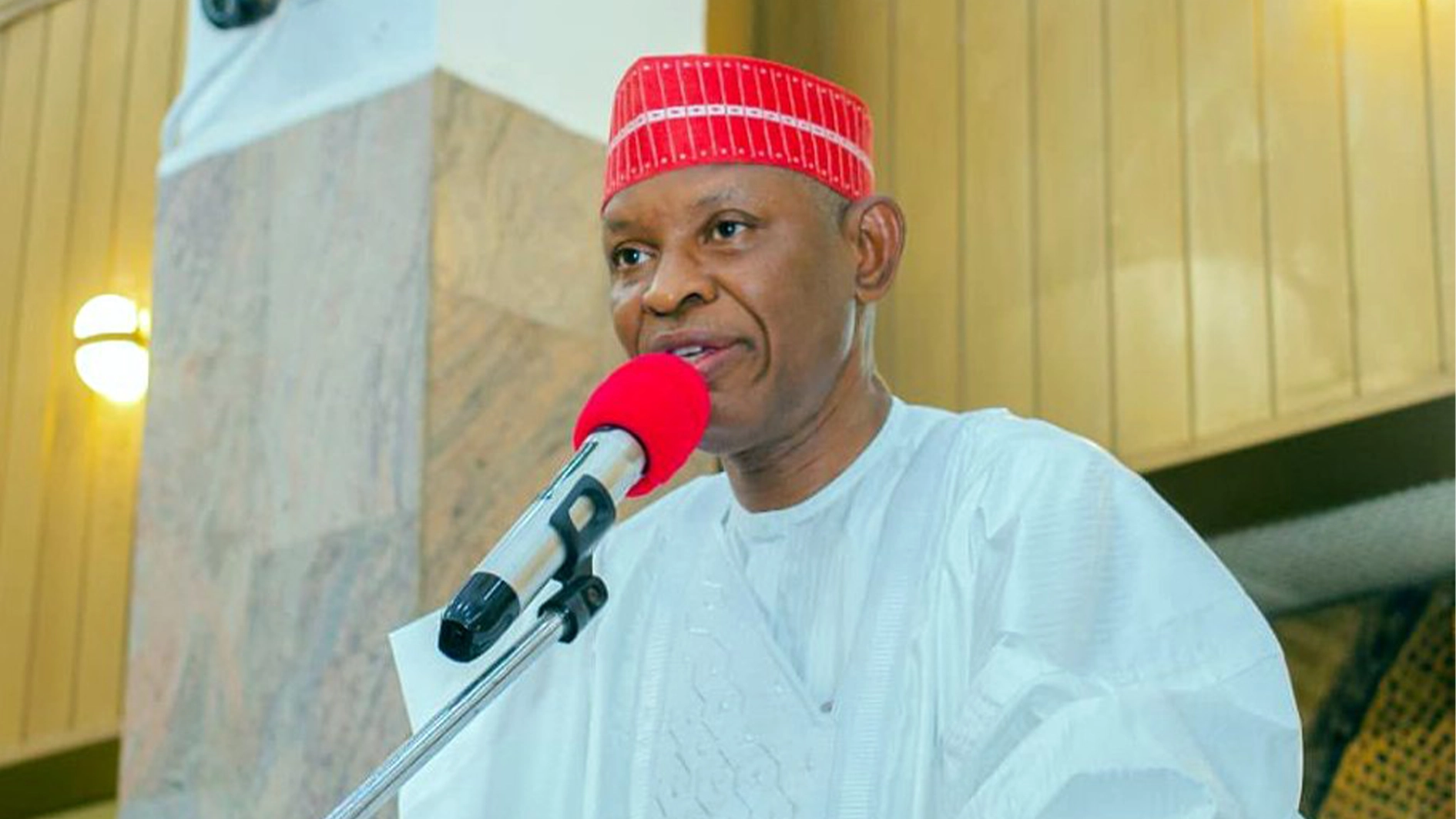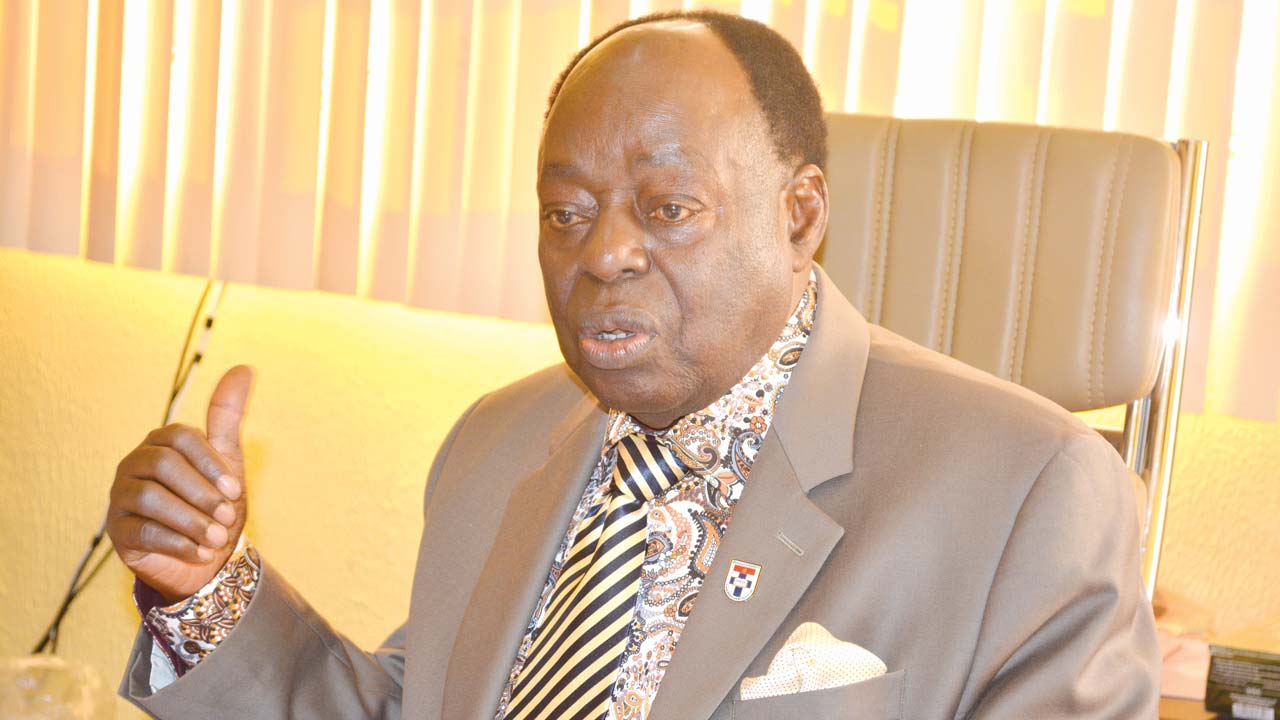
He was the most prominent link between the first and second republic. Except for Chief Reuben Famuyide Fasoranti (90), Alhaji Tanko Yankasai (92), Chief Richard Abimbola Osuolale Akinjide (87), Chief Ayo Adebanjo (90), my oga, Alhaji Lateef Kayode Jakande (89) and a few others, none of the prominent politicians of the first Republic is around anymore.
Alhaji Shagari was a modest man. He was shy. He was an introvert. He was a gentleman politician.
His ambition was to be a Senator but he ended up being a President. He was not as eloquent as Dr. Nnamdi Azikiwe (16 November 1904 – 11 May 1996), Nigeria’s first ceremonial President, but he had a golden voice.
He was not as wealthy as Chief Timothy Adeola Odutola (1902-1995), Alhaji Alhassan Dantata (1880-1965) or Sir Louis Odumegwu Ojukwu (1909-1966) nor as revered as Sir Siddiq Abubakar III, the Sultan of Sokoto but no doubt he was a gentleman.
He did not have the fanatic followership like Sir Ahmadu Bello (1909-1966) or Chief Obafemi Awolowo (1909-1987), GCFR, or even Alhaji Aminu Kano (1920-1983) or Joseph Sarwuan Tarka (1932-1980).
He was in the same bracket with Nigeria’s first and only Prime Minister, Sir Abubakar Tafawa Balewa (1912-1966) who was not a Fulani man but of Jere ethnic group, a branch of the Hausa tribe.
Alhaji Shehu Shagari will be remembered as a man who attempted to unite the country. He was not cantankerous.
Shortly after been sworn-in on October 1, 1979 at Tafawa Balewa Square in Lagos, he told the nation that “I would like to assure all Nigerians and the whole world that I understand and fully accept the challenges and responsibilities of the office of the President.
I want to assure you further that I will discharge my obligations to my country to the very best of my ability.
In the office of the President I have equal responsibility to all our people irrespective of their political, ethnic or religious persuasion. Accordingly, we should regard today’s celebration as national celebration”.
Knowing fully the circumstances of how he got to power via the 122/3 arrangement, he wanted to form an all-embracing unity government inspite of the Presidential system of government, so that everybody could come on board.
He struck a deal with another rival party, NPP and that was how Professor Ishaya Audu, Mr. I.C. Maduike, Engnr. Paulinus Chinulu Amadike, Mr. Samuel Mafuyai, Chief (Mrs) Janet Adefenwa Akinrinade (1930-1994) from Ishehin, Oyo state, Mr. Ademola Thomas, Dr. Paul Michaulum, Mr. E. Aguma and Chief Paul Iyorpuu Unongo (81) all of NPP became Ministers.
Following certain allegations, he later replaced Chief Unongo with Mr. Mamman Ali Makele.
For the first time in the history of Nigeria, President Shehu Shagari appointed a woman, Chief (Mrs.) Adenike Ebunoluwa Oyagbola (88) nee Akinola, an accountant from Iga Alade in Yewa North in Ogun State to be a Minister of cabinet rank.
Under Dr. Wahab Olaseinde Dosunmu (1939-2013) as Minister of Housing, President Shagari, on June 10, 1980, launched the Federal Housing Programme in Yola and pledged a federal government housing estate for each of the state of the federation.
On June 3, 1980, he inaugurated the national committee on green revolution under the Minister of Agriculture, Alhaji Ibrahim Gusau, during which he declared “I have approved the establishment of a National Council on “Green Revolution” under my chairmanship”.
On October 25, 1980, he opened the NNPC Refinery in Kaduna and on February 18, 1980, he launched the Ajaokuta Steel Plant in Kogi state.
President Shagari appointed Chief Michael Godwin Edward Prest, a lawyer journalist from Onitsha in Anambra state as his Chief of staff. Chief Prest was a product of the University of London.
He also appointed Mr. Charles Igoh from Benue state, former sports Editor of THE DAILY TIMES as his spokesman in his first term but in his second term he appointed Mallam Abba Mohammed Dabo (67) from Dambata in Kano state.
Mallam Dabo was one time Editor of the New Nigerian (Sunday). To his credit he launched the ethical revolution in Nigeria in 1981.
Early in his administration he formed two groups to help him in governance. They are the Monday caucus and another known then as the Shagari boys.
The Monday caucus was made up of the National Chairman of the party, Chief Augustus Adisa Meredith Akinloye (1916-2007) alias Egunjenmi from Itutaba area of Ibadan in Oyo state, the Vice President, Dr. Alex Ifeanyichukwu Ekwueme, GCON (21 October 1932 – 19 November 2017) from Oko in Anambra state, the deputy speaker of the House of Representatives, Alhaji Idris Ibrahim (1942-2008), the Senate President, Dr. Joseph Wayas, the general secretary of the party, Alhaji Suleiman Takuma(1934-2001), the Attorney General of the federation, Chief Richard Akinjide, the leader of the Senate, Dr. Abubakar Olusola Saraki (1933-2012) alias Oloye from Ilorin in Kwara state, the leader of the House of Representatives, Mr. Yunusa Kaltungo from Tangale Waja South and Alhaji Shehu Ahmadu Musa (1935-2008), CFR, the Makama Bida, who was then the Secretary of the government of the federation.
Alhaji Shehu Musa was the scribe of the Monday caucus. It was a way of carrying the party along with him.
The then speaker of the House of Representatives, Chief Edwin Ume Ezeoke and the deputy President of the Senate, Senator John Wash Pam (1940-2014) were both of the NPP and so since they were not NPN members they were not qualified to be members of the Monday caucus. The Monday caucus was the most powerful body in the country at that time.
All bills, appointments and major decisions were approved by the Monday caucus.
The other group known as Shagari boys comprised of the then Minister of Transport, Alhaji Umaru Abdurahman Dikko (1936-2014), Alhaji Ishiaku Ibrahim, Alhaji Saleh Jambo (1937-2013), Senator Uba Ahmed (1939-2012) and Alhaji Ismail Isa Funtua, who later became the Minister of Communication in President Shagari’s second term.
This second group had major influence on the President. Another key fellow close to President Shagari then, who was always in the background, was Alhaji Ibrahim Dasuki, who later became the Sultan of Sokoto.
In his first Council of State meeting on November 22, 1979, President Shagari declared “this is not a non-political body.
Therefore all members of this respectable Council should in all deliberations and advice to me be above partisan politics, and sectional consideration, and act in a statesman-like manner for the good of our nation, secondly, it is the only body with leaders who had acquired judicial or administrative experience in the past and are now in a position to bring their past experiences to bear on the problem-solving process that will face our country in the years ahead, thirdly, the Council of State is unique in its fusion of Executive, Legislative and Judicial experiences with our rich and well-tried traditional system in one single canopy committed to the service of a united and progressive Nigeria and fourthly, it is the body that brings together present and past leadership of this country in a joint pursuit for a common solution to the nation’s problems”.
Early in 1980, through the carelessness of his Minister for Internal Affairs, Alhaji Bello Maitama Yusuf, the majority leader in Bornu state House of Assembly, Alhaji Abdurahman Shugaba Darman (GNPP) was deported back to Chad over a false claim that he was not a Nigerian.
A Maiduguri high court ruled otherwise. President Shehu Shagari then set up a tribunal headed by Justice P.C. Okpanbo.
The tribunal ruled that the abduction was illegal. President Shagari accepted the verdict of the tribunal and accordingly Alhaji Abdurahman was deported back to Nigeria.
President Shehu Shagari pardoned General Yakubu Gowon and Lt. Colonel Odumegwu Ojukwu. And it was as result of the pardon that both men returned to Nigeria from exile.
• Teniola, a former Director, The Presidency wrote from Lagos.






